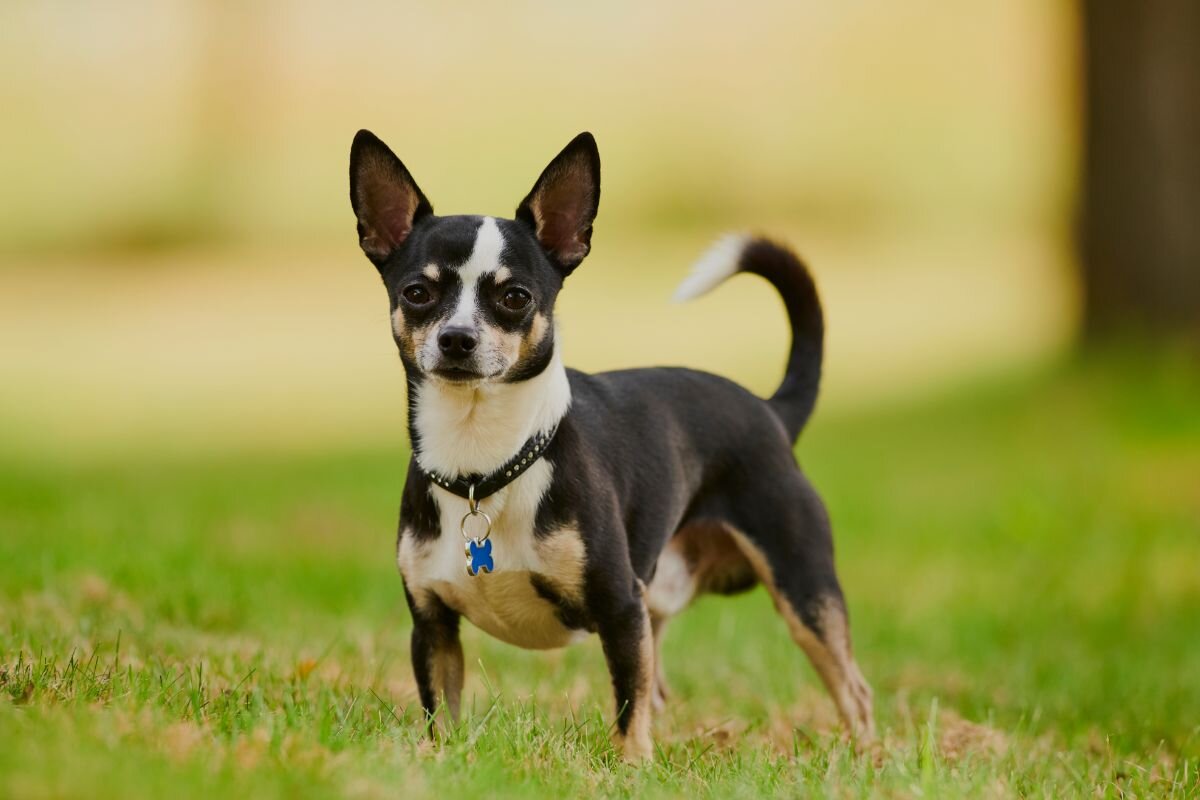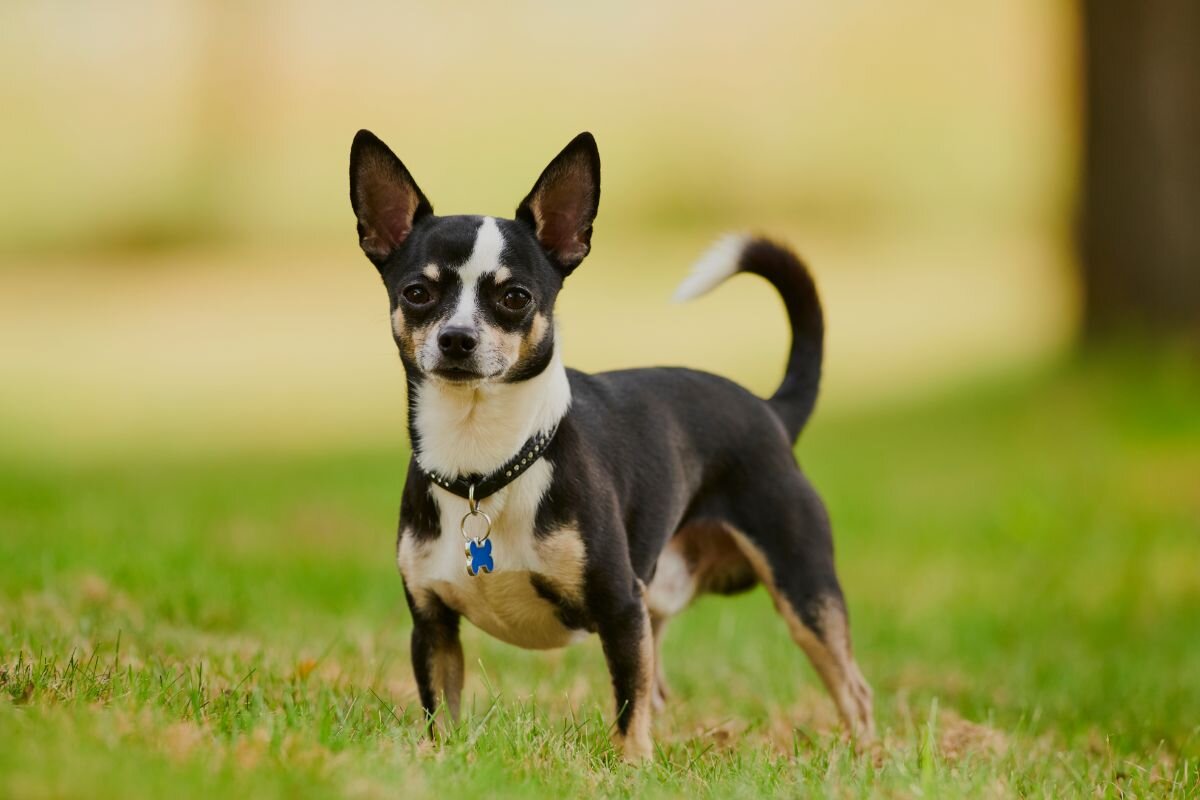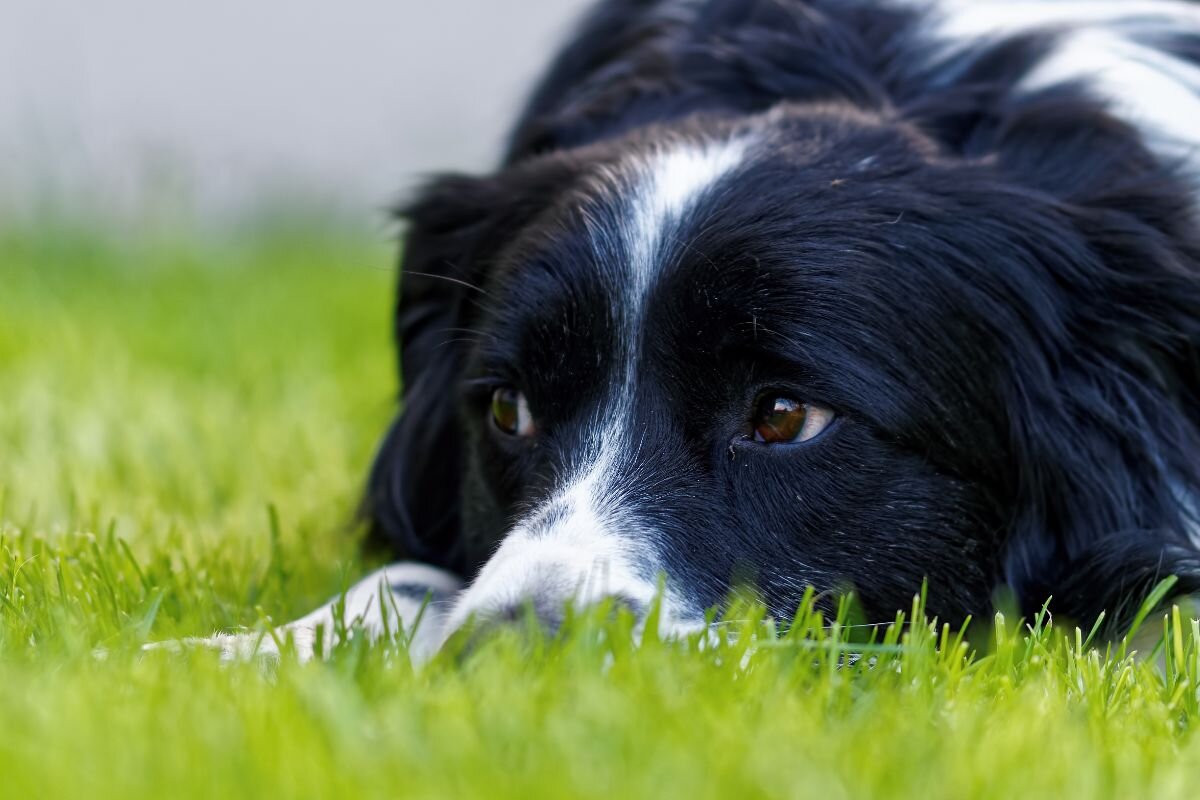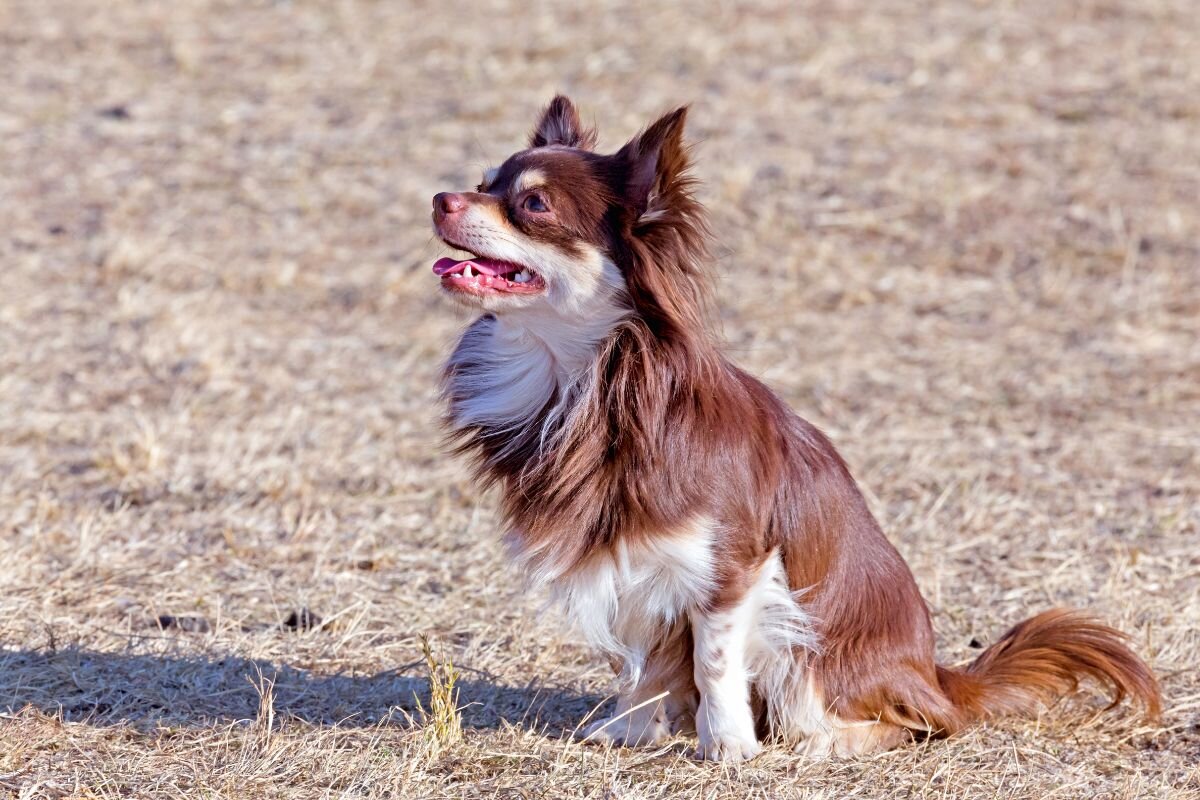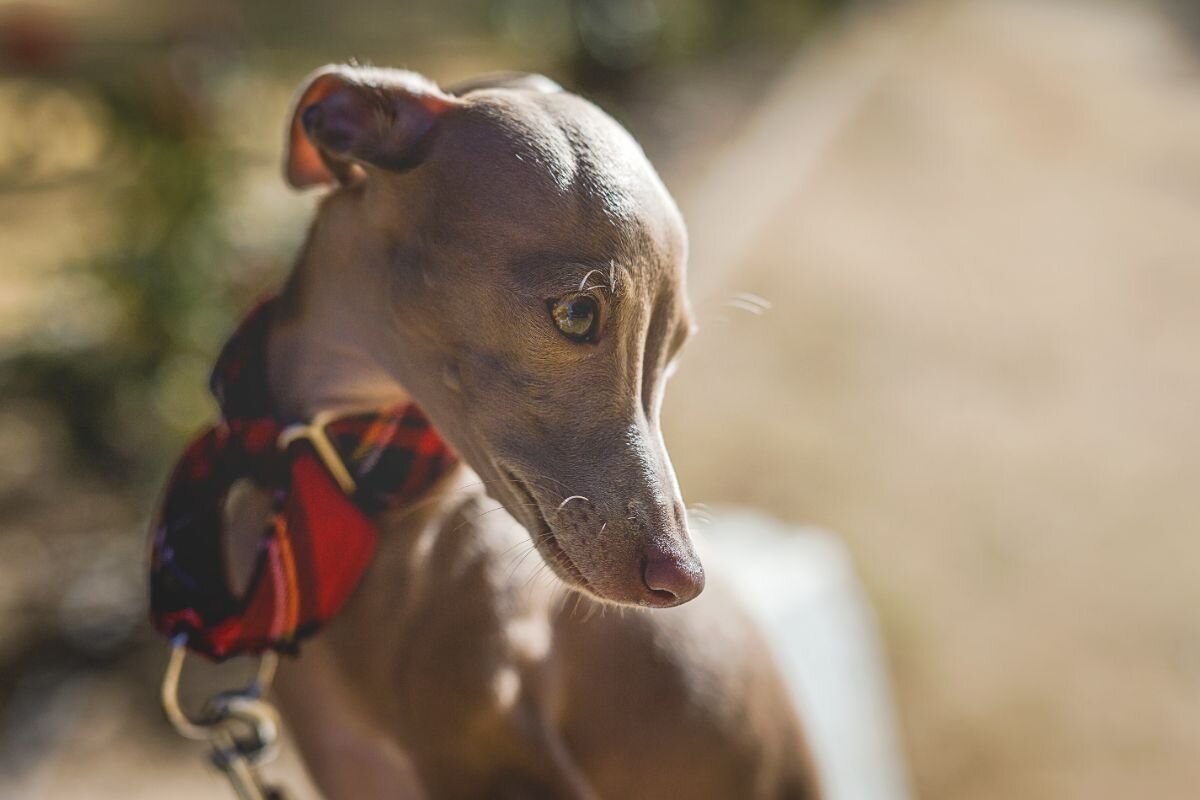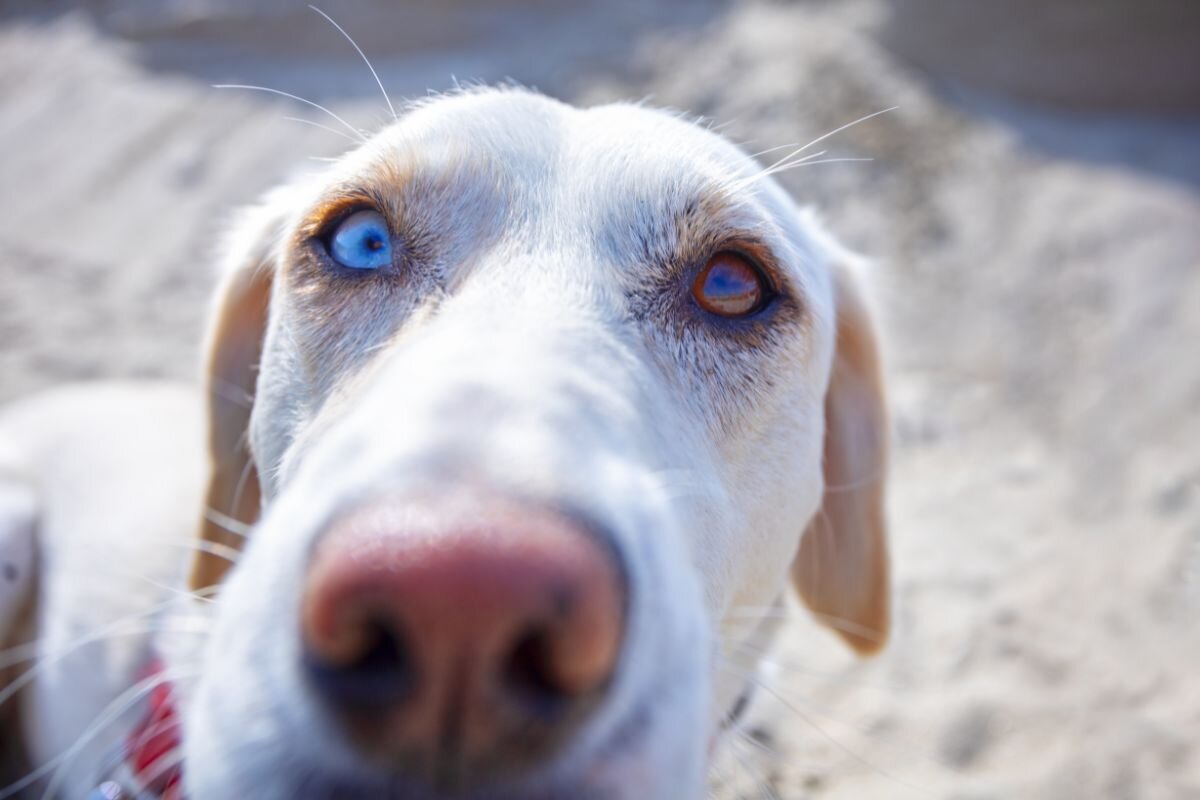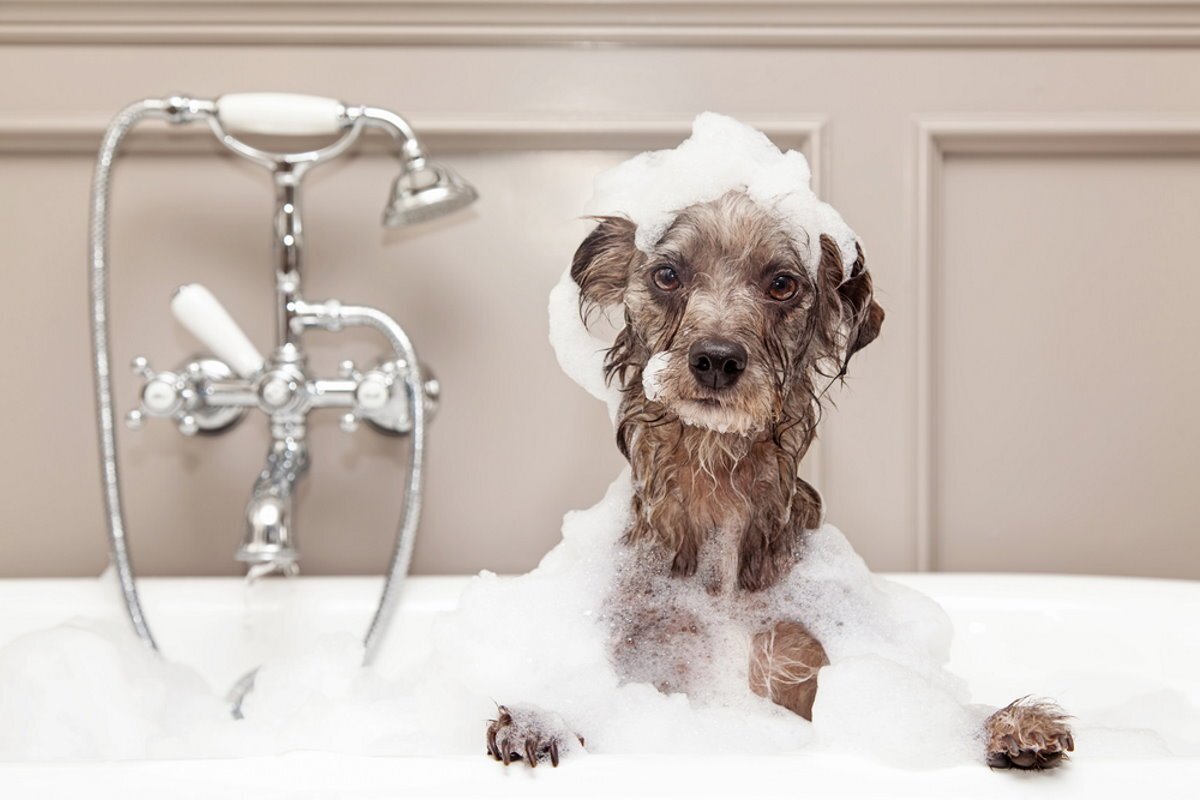Awareness of individual character traits and behavior patterns of different dog breeds is extremely important for future pet owners. It helps to choose a four-legged companion that best suits their lifestyle and home conditions. In the world of dogs, there are various temperaments, but some breeds are more prone to showing shyness - anxious or fearful behavior in unfamiliar surroundings, new situations, or sudden changes. Such animals may behave shyly, restlessly, or show fear in the presence of strangers, loud noises, or unexpected events, which is why caring for them and the socialization process require special attention.
American researchers studied over 300 dog breeds and identified the 9 most fearful ones. This article reveals the reasons for their cautious behavior, as well as provides recommendations for proper upbringing and care for such pets.
1. Chihuahua
Chihuahuas are miniature dogs with an unyielding spirit, but representatives of this breed tend to show shyness in the presence of strangers and in new territories. The reason for their fearfulness lies in their tiny size, which makes them feel particularly vulnerable. For Chihuahuas, proper socialization at the early stages of development is vital, allowing them to instill more confidence and less anxiety towards the unknown. Establishing a trusting bond with the owner and creating a safe environment is key to reducing the level of anxiety in these decorative pets.
2. English Greyhound
English Greyhounds are sensitive and delicate dogs capable of showing remarkable shyness, especially with abrupt changes in their surroundings. The roots of their fearful behavior stem from the past of these hunting pets when they had to exist in strictly regulated conditions and follow established orders. Calm, patient training methods that take into account their subtle nature, as well as consistent exercises, help them feel safe.
3. Shih Tzu
Shih Tzu is a breed renowned for its gentle nature but is also capable of displaying shyness, especially in noisy crowded places. The cause of their fears may lie in their tiny size or unfamiliarity with diverse living conditions. Proper socialization and gentle positive training will help Shih Tzus feel more confident and calm in various situations, increasing their self-esteem.
4. Border Collie
Border Collies are highly intelligent and sensitive dogs capable of behaving timidly in unfamiliar environments or in the presence of strangers. This behavior likely stems from the border collies' strong herding instincts. Their vigilance and heightened reaction to minor changes in the environment can sometimes result in manifestations of fear. Regular mental and physical activities will help Border Collies constructively channel their energy, reducing their level of anxiety. Simultaneously, positive socialization experiences will contribute to overcoming their cautiousness.
5. Whippet
Whippets are known for their gentle friendly nature but sometimes exhibit signs of shyness, especially with loud noises or sudden movements. Their sensitive nature requires a patient and thoughtful approach to training and the socialization process. Creating a calm home atmosphere for Whippets and gradually introducing them to various stimuli will help them become more adaptable and less prone to displaying fear.
6. Papillon
Papillons, or Toy Spaniels, are energetic and clever companions but may exhibit shyness in the presence of strangers or in unfamiliar territory. Their miniature size may contribute to the cautious perception of new stimuli. Early socialization and training based on positive reinforcement are vital for this breed to develop self-confidence and overcome fears in unfamiliar conditions.
7. Italian Greyhound
Italian Greyhounds are affectionate and attached to their owners but often show extreme shyness at the sight of strangers or in a new environment. Their slender, refined build and sensitive nature naturally make them cautious. Following a daily routine and creating a calm, comfortable atmosphere will help Italian Greyhounds feel safer. Additionally, gentle, gradual socialization will allow them to become accustomed to new experiences.
8. Toy Poodle
Toy Poodles are known for their intelligence and eagerness to please their owners but may sometimes show signs of shyness, especially with insufficient socialization. Their wariness in new circumstances can lead to manifestations of nervousness or restlessness. Diverse positive socialization experiences in early life will help Toy Poodles feel more confident and comfortable in changing conditions.
9. Dachshund
Natural curiosity and courage are distinctive traits of Dachshunds. However, these dogs sometimes behave fearfully, especially around larger companions or in unfamiliar territory. Such behavior can be explained by their hunting heritage, where caution was highly valued by breeders. Proper socialization and training based on positive reinforcement will help Dachshunds overcome shyness, making them more confident and adaptable pets.
Despite the seeming complexity, dealing with dogs' shyness is possible with patience, understanding, and proper care. The first step in helping these breeds become more confident and happy is recognizing signs of anxiety and shyness. Through early socialization, systematic training, and a favorable atmosphere, fearful pets can learn to perceive new experiences with decreasing fear. Owners of these four-legged companions will embark on a path full of tolerance and love, strengthening mutual trust with their furry wards.

